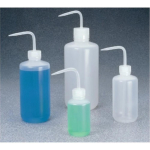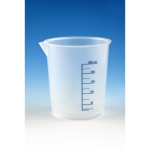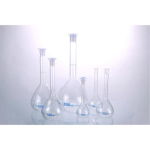Carbonic Anhydrase from bovine erythrocytes, lyophilized powder, >=2,500 W-A units/mg protein
Application
Carbonic anhydrase from bovine erythrocytes (BCA) has been used to study the effect of removal of enzyme-bound metal ion, Zn2+, on aggregation behavior of the enzyme. Removal of metal ion by a chelator such as EDTA enhances the propensity of the enzyme to adopt the molten-globule state. This state of the enzyme is found to bind to the chaperone-like ?-crystallin and prevent aggregation. The enzyme from Sigma has been immobilized to electrochemical transducers in order to obtain develop an analytical device for dissolved CO2 measurement. It has also been used for the thermodynamic analysis of conformational changes in BCA.
Biochem/physiol Actions
Carbonic anhydrase is a zinc metalloenzyme that has a molecular weight of approximately 30,000 Da. The enzyme catalyzes the hydration of carbon dioxide to carbonic acid. It is involved in vital physiological and pathological processes such as pH and CO2 homeostasis, transport of bicarbonate and CO2, biosynthetic reactions, bone resorption, calcification, and tumorigenicity. Therefore, this enzyme is an important target for inhibitors with clinical applications for various pathologies such as glaucoma, epilepsy and Parkinson’;s disease.
Packaging
100, 500 mg in poly bottle
Unit Definition
One Wilbur-Anderson (W-A) unit will cause the pH of a 0.02 M Trizma buffer to drop from 8.3 to 6.3 per min at 0°C. (One W-A unit is essentially equivalent to one Roughton-Booth unit.)
| Quality Level | 300 |
|---|---|
| Manufacturer | SIGMA-ALDRICH |
| Storage Temp. | 2-8°C |
| Form | lyophilized powder |
There are no downloads for this product.









